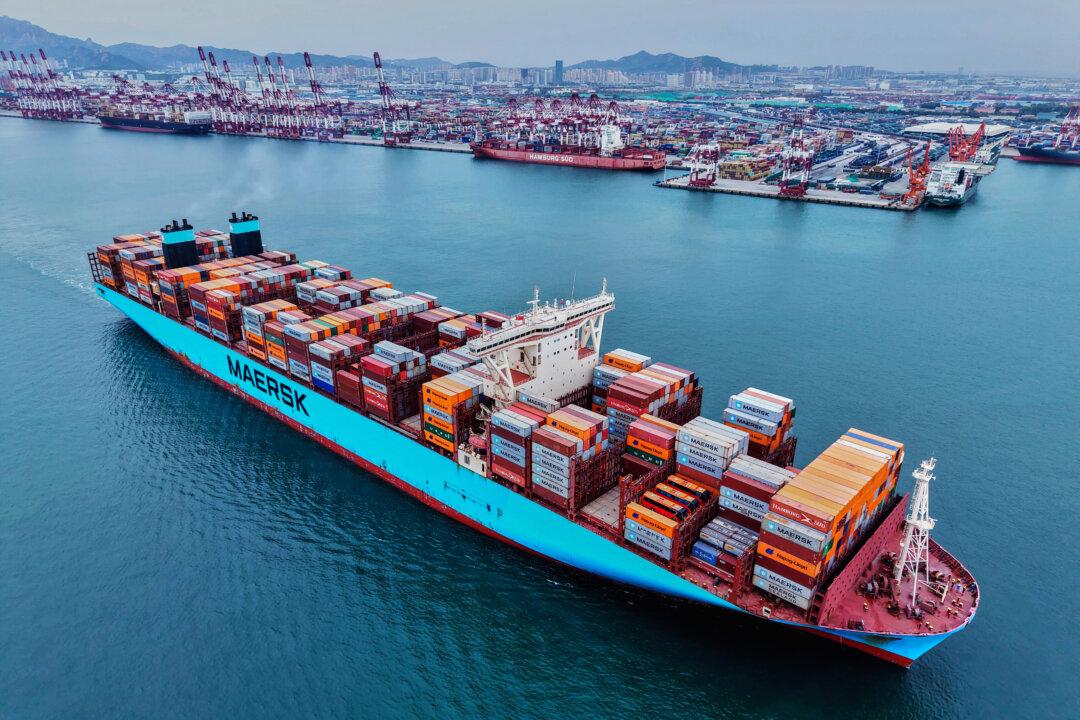European statistical agencies report France joined Italy and Spain’s recessions during the first quarter, and economic activity across the entire eurozone continued to contract.
The straightjacket imposed by euro-think allegiance to a failed experiment in a common currency, ill-conceived and overzealous austerity measures, and halting and inadequate labor market reforms—caused continued economic contraction across the entire eurozone.
Europe’s GDP fell 0.2 percent in the first quarter, after dropping 0.6 percent in the fourth quarter, and has been falling for six quarters.
Germany is barely growing—GDP was up a scant 0.1 percent after falling 0.7 percent in the fourth quarter. Europe’s situation would be akin to California being in neutral, while the rest of the United States went backward—profoundly!
In France, investment is sinking like a stone—new spending by nonfinancial businesses was down 0.8 percent, after falling 0.7 percent in the fourth quarter. Inadequate labor market reforms, France’s virulent protectionists instincts and a rudderless socialist government, coupled with a euro that is overvalued for much of the French economy, are driving businesses away.
Even though consumer spending was nearly flat, austerity measures and weak investment spending pushed down GDP by 0.2 percent in the first quarter, after a similar loss in the fourth quarter.
Italy’s data told a similar sad tale—GDP fell 0.5 percent after falling 0.9 percent in the fourth quarter. Elsewhere, unemployment in Spain and Greece remain at alarmingly high levels.
Outside the eurozone, the U.K. narrowly escaped a recession—first quarter GDP was up a slim 0.3 percent, after falling a similar amount the previous quarter.
For the eurozone, the positive notes are that the first-quarter contraction was not as severe as in the fourth quarter, and recent snippets of data for spring economic activity have been a bit less discouraging in the North—indicating the U.S. spring swoon may be mirrored by some moderation in the European malaise.
Germany and the other northern countries are quite dependent on the South to export their industrial products, and are much advantaged by the euro, which tends to be undervalued for their economies at current prices, while overvalued for the southern region.
Essentially, the euro imposes a misalignment in prices for industrial products and tradable services, making the North appear more competitive than its fundamentals would otherwise support and the South perform poorly. Along with austerity, clinging to the euro makes unlikely a sustained recovery in Greece, Spain, Portugal, and regions within Italy and France aligned with the South.
In the South, labor market reforms and falling wages cannot proceed rapidly enough to attract new investment as long as the common currency is in place, putting the region in a permanent recession—a depression.
That is a recipe for a permanent recession throughout Europe or at least prolonged stagnation similar to the fate of Japan over the last several decades.
Long periods of weak or declining capital spending will leave European industry permanently out of date and terminally uncompetitive. Though pockets within the core of Europe’s industrial north will thrive—much like Fiat and similar firms located in Italy’s Northern League—overall Europe will decline.
Eventually, incomes and living standards in more robust Asian economies—South Korea and urbanized China—will overtake those in important segments of Europe.
Peter Morici is an economist and professor at the Smith School of Business, University of Maryland, and a widely published columnist.





